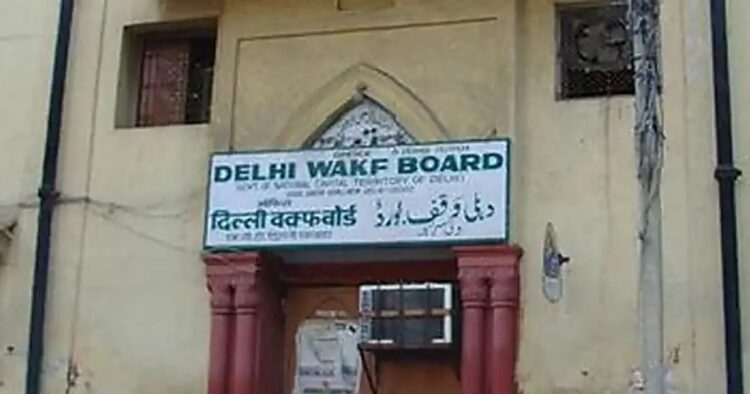Senior officials of the Union government have informed the Parliamentary panel examining the Waqf (Amendment) Bill that over 200 properties in Delhi, which are under the control of two different central government agencies have been declared as Waqf properties. The secretaries of Urban Affairs, Road Transport, and the chairman of the Railway Board, along with other ministry officials, made presentations to the Joint Committee on the Waqf (Amendment) Bill.
The opposition members asked the officials, ‘Several government agencies have won cases related to the dispute of land with Waqf boards and the land is also under their possession. Then, what is the need for this bill’. Officials from the three ministries faced questions from opposition members, who argued that the bill’s regulations could override existing laws of the respective ministries.
BJP MP Nishikant Dubey countered the opposition and suggested that they need to make sure that Waqf property is used for religious and welfare purposes and not for personal benefits. Dubey further suggested that certain properties might fall under the Enemy Property Act rather than being classified as Waqf property. The Urban Affairs Ministry, in its presentation, noted that land for the development of New Delhi was acquired during the British period (1911-1912), but later, the Delhi Waqf Board designated many of these acquired properties as Waqf, leading to multiple legal battles.
Among the properties declared Waqf properties, include 108 properties under the control of Land and Development Office (L&DO), and 138 under the control of Delhi Development Authority (DDA). A total of 341 sq km of land was acquired to construct the national capital, with compensation provided to those affected, a claim that some committee members contested. The committee members urged the government to verify if the Waqf Board’s claims over properties in Delhi adhered to the procedures outlined in the Wakf Act of 1954.

















Comments